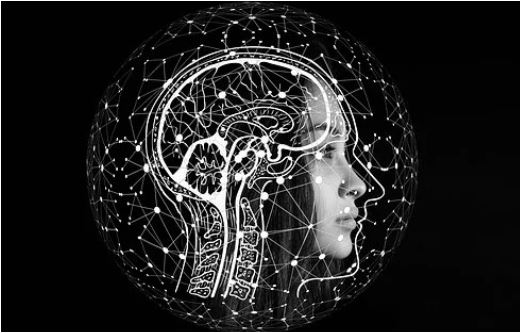Video Game Use Predicts Increase in ADHD Symptoms
These findings suggest that excessive video game play may be a risk factor for the development of ADHD symptoms. Other research suggests the possibility of reverse causation, i.e., that ADHD symptoms predicts the development of excessive video game play.






